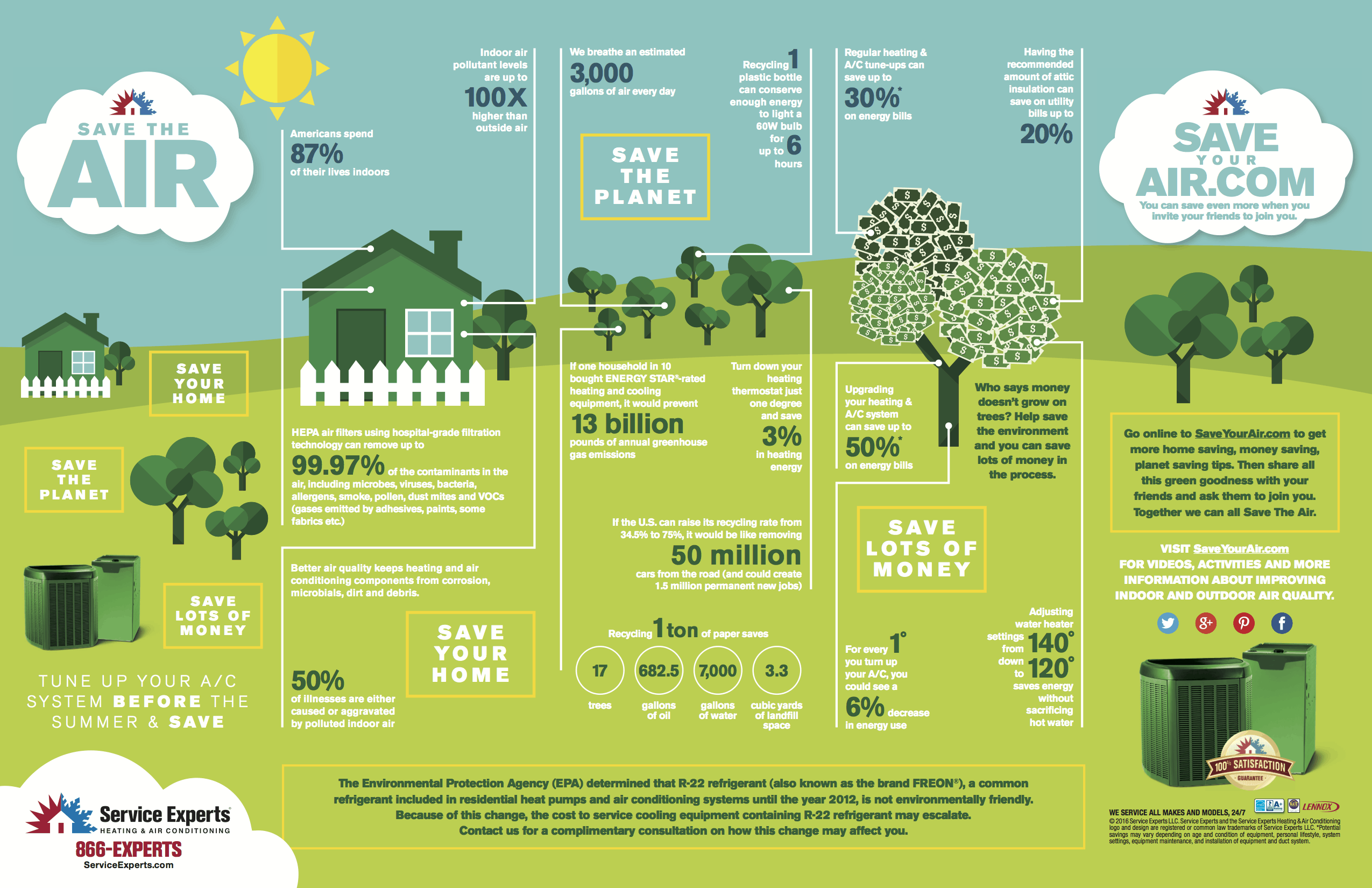The Future Of Home Heating - Just How Heat Pump Modern Technology Is Advancing
The Future Of Home Heating - Just How Heat Pump Modern Technology Is Advancing
Blog Article
Web Content Writer-Rosenthal Ringgaard
Heatpump will be an important technology for decarbonising heating. In a situation constant with federal governments' introduced power and climate dedications, their global ability doubles by 2030, while their share in heating rises to one-quarter.
They function best in well-insulated homes and rely on electrical energy, which can be supplied from a sustainable power grid. Technological developments are making them a lot more reliable, smarter and cheaper.
Gas Cells
Heat pumps use a compressor, cooling agent, coils and fans to relocate the air and warm in homes and appliances. They can be powered by solar power or electrical power from the grid. They have actually been obtaining appeal because of their low cost, peaceful procedure and the capacity to produce electrical energy throughout peak power demand.
Some business, like IdaTech and BG MicroGen, are working with fuel cells for home heating. These microgenerators can replace a gas central heating boiler and produce a few of a residence's electric needs with a link to the electrical energy grid for the rest.
Yet there are factors to be skeptical of using hydrogen for home heating, Rosenow says. It would certainly be expensive and inefficient compared to other innovations, and it would certainly add to carbon exhausts.
Smart and Connected Technologies
Smart home modern technology enables home owners to attach and manage their devices from another location with the use of smart device apps. As an example, clever thermostats can discover your heating choices and immediately get used to optimize power usage. Smart lighting systems can be regulated with voice commands and immediately shut off lights when you leave the room, reducing energy waste. And smart plugs can keep track of and manage your electric usage, enabling you to identify and limit energy-hungry home appliances.
The tech-savvy home depicted in Carina's interview is a great picture of exactly how residents reconfigure room home heating methods in the light of new smart home modern technologies. They rely upon the devices' computerized features to carry out everyday changes and concern them as a practical methods of performing their heating methods. Because of this, they see no reason to adapt their techniques better in order to make it possible for flexibility in their home energy need, and treatments targeting at doing so might encounter resistance from these households.
Electricity
Since heating homes make up 13% people exhausts, a switch to cleaner alternatives can make a huge difference. But the modern technology encounters difficulties: It's pricey and calls for comprehensive home improvements. And it's not constantly compatible with renewable resource resources, such as solar and wind.
Till lately, electrical heatpump were as well expensive to compete with gas models in a lot of markets. Yet new technologies in layout and materials are making them much more budget friendly. And click here to read is enabling them to operate well also in subzero temperature levels.
The next step in decarbonising heating may be making use of warm networks, which attract warmth from a central source, such as a neighboring river or sea inlet, and distribute it to a network of homes or structures. That would decrease carbon emissions and enable houses to make use of renewable resource, such as green electrical energy from a grid provided by renewables. https://tucson.com/lifestyles/home-and-garden/rosie-on-the-house-guidelines-for-selecting-an-hvac-contractor/article_7debf400-ae9c-11eb-8885-2b9056edc82e.html would certainly be much less costly than changing to hydrogen, a nonrenewable fuel source that needs brand-new facilities and would just decrease CO2 emissions by 5 percent if paired with boosted home insulation.
Renewable resource
As electrical energy rates go down, we're beginning to see the same pattern in home heating that has driven electric automobiles into the mainstream-- but at an also faster pace. The solid environment instance for electrifying homes has been pushed further by new research study.
Renewables account for a considerable share of modern-day warm consumption, however have actually been offered restricted policy interest globally compared to various other end-use fields-- and also less interest than power has. Partially, this shows a mix of consumer inertia, split incentives and, in numerous countries, subsidies for nonrenewable fuel sources.
New modern technologies can make the change less complicated. For instance, heatpump can be made more power effective by replacing old R-22 refrigerants with new ones that don't have the high GWPs of their predecessors. Some specialists likewise visualize district systems that attract warmth from a neighboring river or sea inlet, like a Norwegian fjord. The warm water can after that be utilized for heating & cooling in a neighborhood.